Product Design & Dev for Companies That Move Fast
From first MVP to full product design at scale. Fast, flexible, and without the overhead of a full-time team.
Let's Work Together
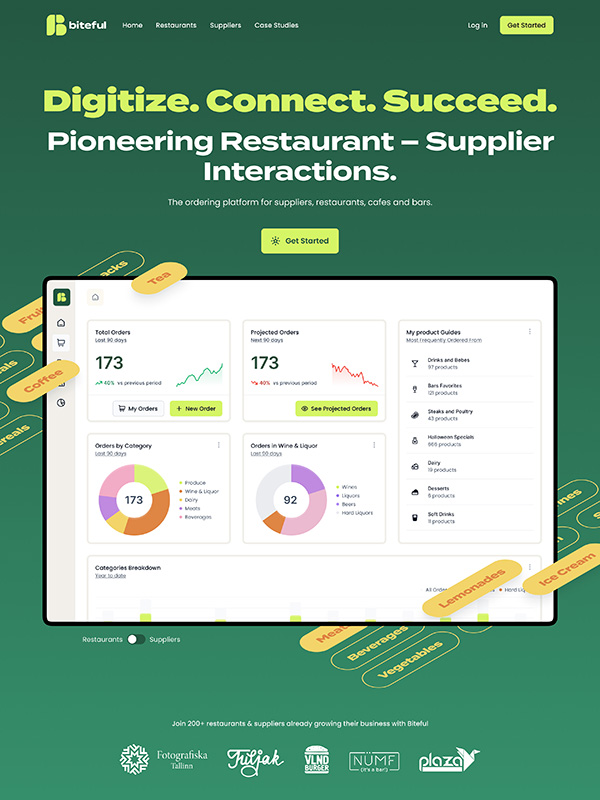
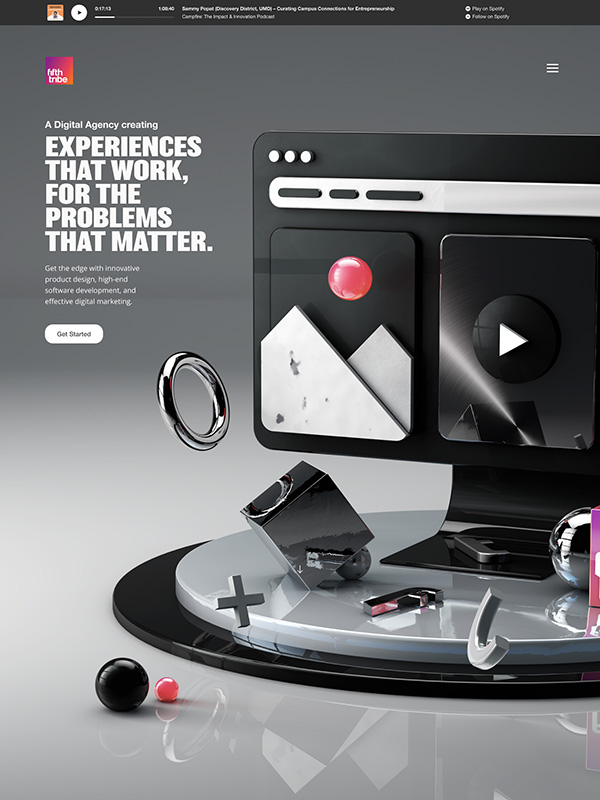
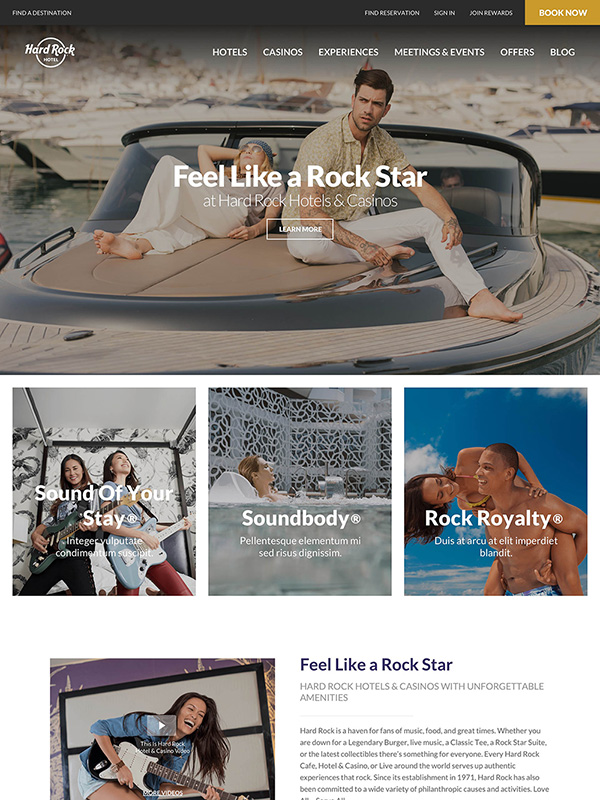


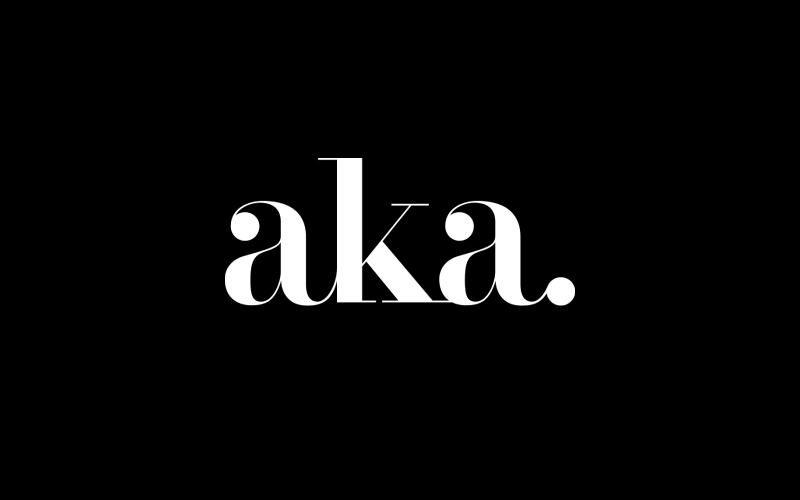




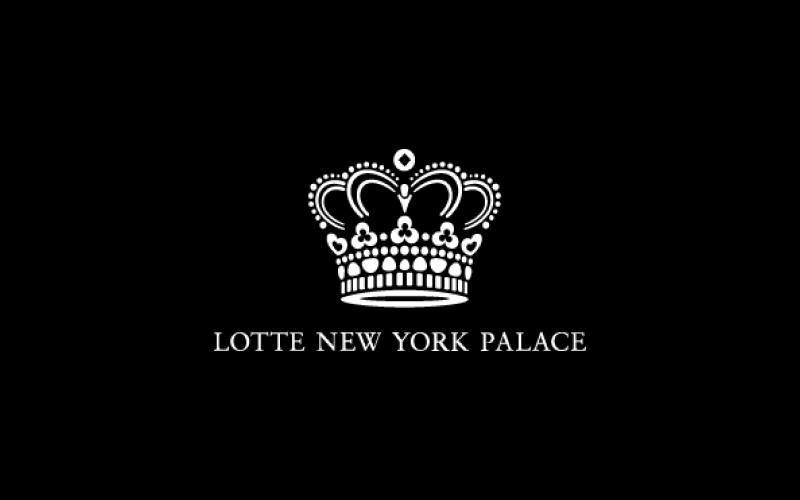



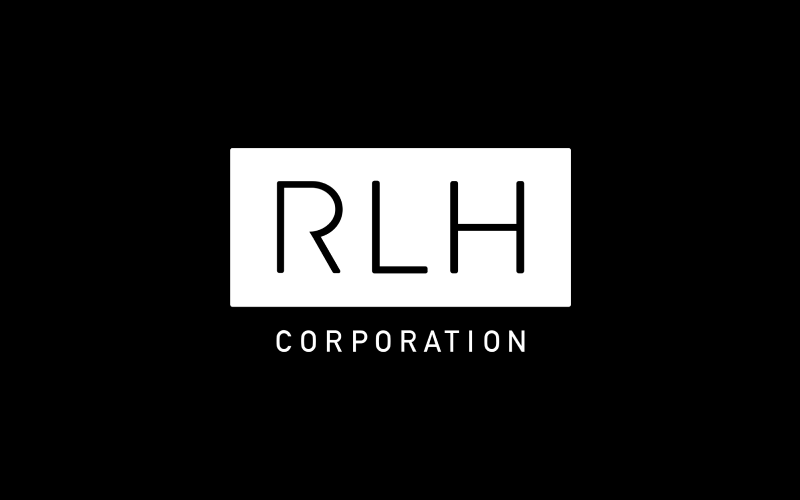












How we can help
Whether you need a full MVP, ongoing design, or a one-off project — we've got you.
MVP in 5 Days
Go from idea to working product in one week. 1-2 core flows, up to 10 screens, real code.
$4,000flat fee
Learn moreDesign Subscriptions
Unlimited design requests with fast turnaround. Pause or cancel anytime.
from $5,295/mo
Learn moreFlat Fee Projects
Standalone design projects with a single flat fee. Landing pages, branding, apps, and more.
from $349
Learn moreWhy teams choose SUUR
18h
Average turnaround
Design tasks in 18 hours, full MVPs in 5 days, flat-fee projects in under a week. Every engagement model is built for speed.
200+
Projects shipped
Landing pages, MVPs, full product redesigns, brand identities. From seed-stage startups to Booking.com and Marriott.
3
Ways to work
Flat-fee project, monthly subscription, or a full MVP sprint. Pick what fits your stage — switch or cancel anytime.
$0
Overhead
A senior designer costs $120k+/yr before benefits. Same caliber, on demand, starting at $349. No contracts required.
Kind words
“Website redesigns can be painful experiences. But not when you work with SUUR. The entire process, from design to build and QA, was seamless.”
Jared Alster
CEO, PracticeForce
“SUUR delivered our complete brand identity in under two weeks. The quality rivals agencies charging 5x more.”
Sarah M.
Founder, TravelStack
“Having an on-demand design team changed how we ship. We went from quarterly redesigns to weekly iterations.”
David K.
Head of Product, Launchpad
“We needed a landing page fast and SUUR turned it around in 48 hours. Looked incredible too.”
Emily R.
Marketing Lead, Stackline
“Website redesigns can be painful experiences. But not when you work with SUUR. The entire process, from design to build and QA, was seamless.”
Jared Alster
CEO, PracticeForce
“SUUR delivered our complete brand identity in under two weeks. The quality rivals agencies charging 5x more.”
Sarah M.
Founder, TravelStack
“Having an on-demand design team changed how we ship. We went from quarterly redesigns to weekly iterations.”
David K.
Head of Product, Launchpad
“We needed a landing page fast and SUUR turned it around in 48 hours. Looked incredible too.”
Emily R.
Marketing Lead, Stackline
“Best design subscription we've used. The quality is consistently high and the communication is effortless.”
Marcus T.
Co-founder, Relay
“Absolute game-changer for our startup. Worth every penny.”
Priya N.
CEO, Canopy
“I was skeptical about design subscriptions but SUUR changed my mind. We shipped more in one month than the previous quarter.”
Alex W.
VP Design, Mosaic
“Clean, modern, fast. Exactly what we needed for our rebrand.”
Jordan L.
Brand Director, Halo
“Best design subscription we've used. The quality is consistently high and the communication is effortless.”
Marcus T.
Co-founder, Relay
“Absolute game-changer for our startup. Worth every penny.”
Priya N.
CEO, Canopy
“I was skeptical about design subscriptions but SUUR changed my mind. We shipped more in one month than the previous quarter.”
Alex W.
VP Design, Mosaic
“Clean, modern, fast. Exactly what we needed for our rebrand.”
Jordan L.
Brand Director, Halo
“SUUR feels like having a senior design team on retainer without the overhead. They just get it.”
Rachel B.
Product Manager, NovaTech
“The turnaround speed is unreal. We send a brief in the morning and have polished designs by end of day.”
Chris D.
Founder, Beacon
“Finally, a design partner that moves as fast as we do.”
Nina K.
CTO, Archetype
“We've tried three other design services before. SUUR is the first one where we didn't feel like we were compromising on quality for speed.”
Tom H.
Head of Growth, Fieldwork
“SUUR feels like having a senior design team on retainer without the overhead. They just get it.”
Rachel B.
Product Manager, NovaTech
“The turnaround speed is unreal. We send a brief in the morning and have polished designs by end of day.”
Chris D.
Founder, Beacon
“Finally, a design partner that moves as fast as we do.”
Nina K.
CTO, Archetype
“We've tried three other design services before. SUUR is the first one where we didn't feel like we were compromising on quality for speed.”
Tom H.
Head of Growth, Fieldwork
Not sure which service fits?
Let's hop on a 15-minute call. I'll learn about your project and recommend the right path.
Book a Call